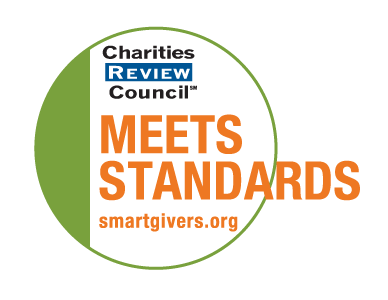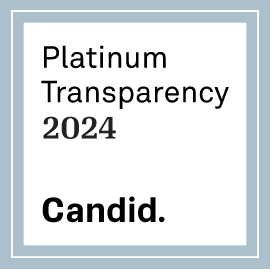The Americans with Disabilities Act gives civil rights protections to individuals with disabilities similar to those provided to individuals on the basis of race, color, sex, national origin, age, and religion.
Who is protected from employment discrimination?
Employment discrimination is prohibited against "qualified individuals with disabilities." This includes applicants for employment and employees. An individual is considered to have a "disability" if s/he has a physical or mental impairment that substantially limits one or more major life activities, has a record of such an impairment, or is regarded as having such an impairment. Persons discriminated against because they have a known association or relationship with an individual with a disability also are protected.
The first part of the definition makes clear that the ADA applies to persons who have impairments and that these must substantially limit major life activities such as seeing, hearing, speaking, walking, breathing, performing manual tasks, learning, caring for oneself, and working. An individual with epilepsy, paralysis, HIV infection, AIDS, a substantial hearing or visual impairment, mental retardation, or a specific learning disability is covered, but an individual with a minor, nonchronic condition of short duration, such as a sprain, broken limb, or the flu, generally would not be covered.
The second part of the definition protecting individuals with a record of a disability would cover, for example, a person who has recovered from cancer or mental illness.
The third part of the definition protects individuals who are regarded as having a substantially limiting impairment, even though they may not have such an impairment. For example, this provision would protect a qualified individual with a severe facial disfigurement from being denied employment because an employer feared the "negative reactions" of customers or co-workers.
Our Impact
-
Minnesotans Helped
15,240
-
Clients with Stage IV
53%
-
Value of Free Legal Care Provided
$23,029,840
-
Clients Who Report CLC Was Able to Help Resolve Their Issue
93%
Thank You to Our Generous Funders
-
-

-
 Minnesota State Bar Foundation
Minnesota State Bar Foundation -
 Fredrikson & Byron Foundation
Fredrikson & Byron Foundation -
 Legal Services Advisory Committee
Legal Services Advisory Committee -
 Hennepin County Bar Foundation
Hennepin County Bar Foundation -

-

-

-

-
 Wanta Thome
Wanta Thome -
 Candid Platinum Seal 2024
Candid Platinum Seal 2024 -
 Fred B. & Katherine C. Andersen Foundation
Fred B. & Katherine C. Andersen Foundation -
Coril
-
Impact100
-
American Cancer Society


